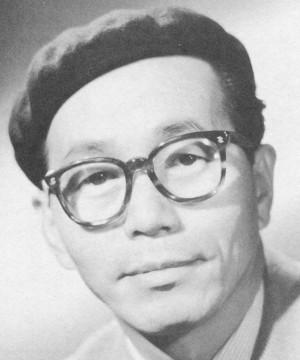|
|
|
KON ICHIKAWA
Born: Uji Yamda, Japan, 20 November 1915.
|
 |
|
After graduating from a commercial school, he studied animation and made his entry into Japanese cinema in 1946 with a puppet film, A Girl of Dojo Temple, the negative of which was confiscated and destroyed by the American Occupation authorities. His early feature films were often satirical comedies, a rarity in Japanese cinema, and revealed a wry sense of humour that prompted some local critics to call him the "Japanese Frank Capra." He continued injecting doses of black humour into many of his later films, but made his greatest impact on Western audiences with a number of rather bleak dramas of the late 50s and early 60s, which were typically peopled with obsessional characters at odds with a spiritually aberrant environment. Especially notable are his two powerful antiwar films, The Burmese Harp (1956), in which a soldier experiences a Buddhist spiritual awakening and becomes obsessed with the need to bury the war dead, and Fires on the Plain (1959), which depicts the horrors of war in graphic, chilling terms, showing cannibalism among defeated Japanese soldiers. — Ephraim Katz, The Film Encyclopedia
LINKS This page has been visited
[ home | films | directors | actors | articles | other stuff | site map ]
This page was last updated on 7 August 2000. worldcinema@yahoo.com |
|